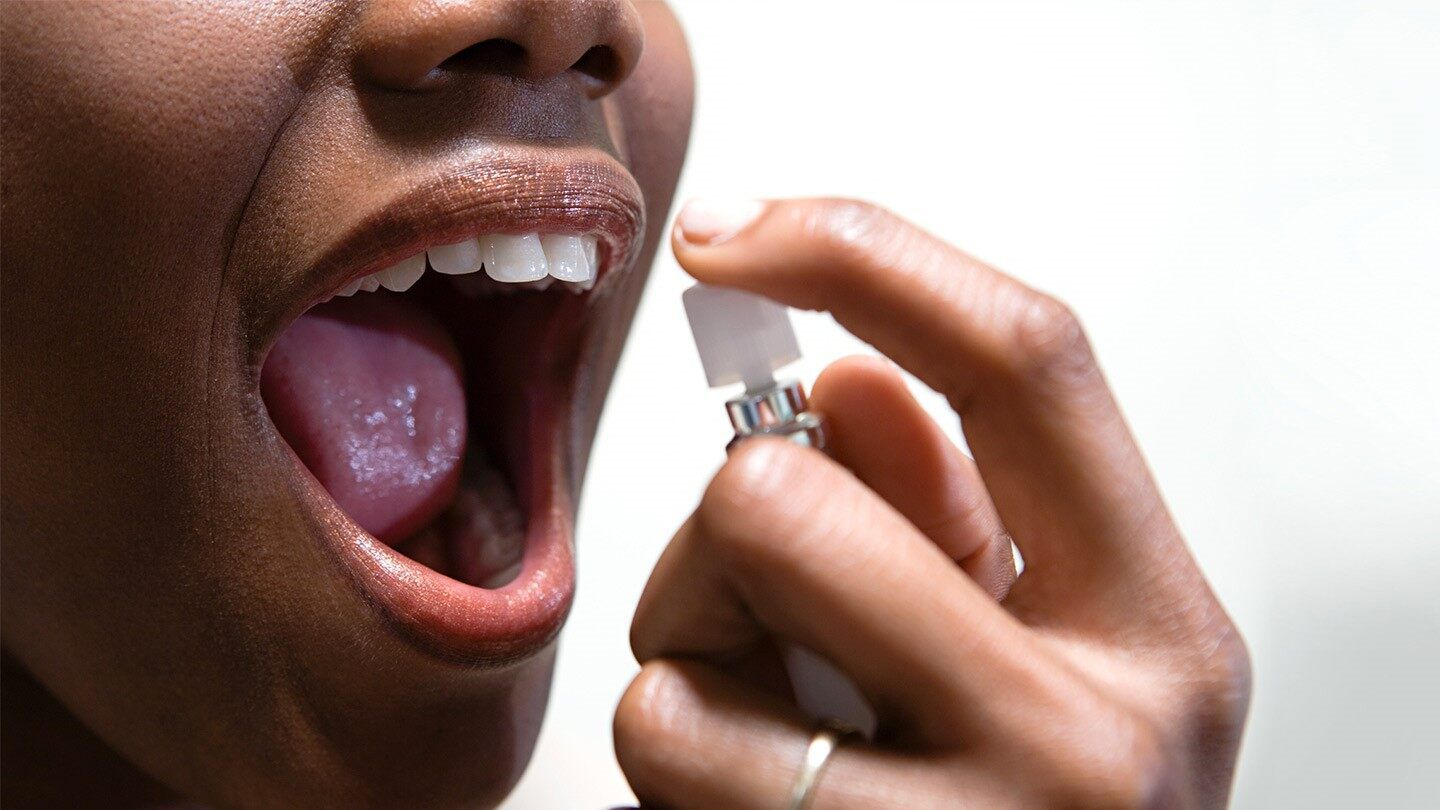Bad breath: Does a rinse or mouthwash help?

What you need to know:
- Mouthwash can help improve your oral health. Rinsing with plain water after meals or use of a prescribed mouthwash is among ways of cleansing your mouth although brushing and flossing are the only way to completely remove food particles.
The answer is yes. However, it depends on which mouthwash you are using, why you are using it, for how long, do you get what you want when you use it and who prescribed it or asked you to use it.
Mouthwash can help improve your oral health. Rinsing with plain water after meals or use of a prescribed mouthwash is among ways of cleansing your mouth although brushing and flossing are the only way to completely remove food particles.
Some of the benefits of using mouthwash include:
Fresh breath: Bad breath, which has so many causes as discussed in previous articles can be lessened by using mouthwash.
Can reduce plaque and gum disease: When combined with regular brushing and flossing, mouthwash can help flush away the pesky particles that lead to gum disease.
Fights cavities and tooth decay: In this case, fluoride is your friend. Mouthwashes with this ingredient support remineralisation and healthy teeth. It is always smart to brush with a fluoride toothpaste, too.
Some of the drawbacks of using a mouthwash include:
May only mask bad breath: A quick swig of mouthwash alone will not cure your coffee-breath woes. Consistent brushing and flossing are the only guarantee to great oral health. Plus, cosmetic mouthwashes may only give you a temporary freshness boost, so be sure to track down a good non-alcohol based mouthwash.
Can be dehydrating: In conditions where someone has a dry mouth due to reduced saliva production, mouthwash can reduce the production of saliva and worsen your condition.
May irritate the mouth: Some mouthwashes, especially those which are alcohol based may cause irritation to the mouth. Sometimes, sores could form.
If your brushing and flossing is done right, coupled with regular dental checkups, then you do not need mouthwash. When using most mouthwashes, is advised to dilute with water to a ratio of 1:1. Children under the age of six should not use mouthwash to avoid swallowing it or should use it only as guided by the dentist.
Dr John Paul Okim, Dental surgeon, implantologist




